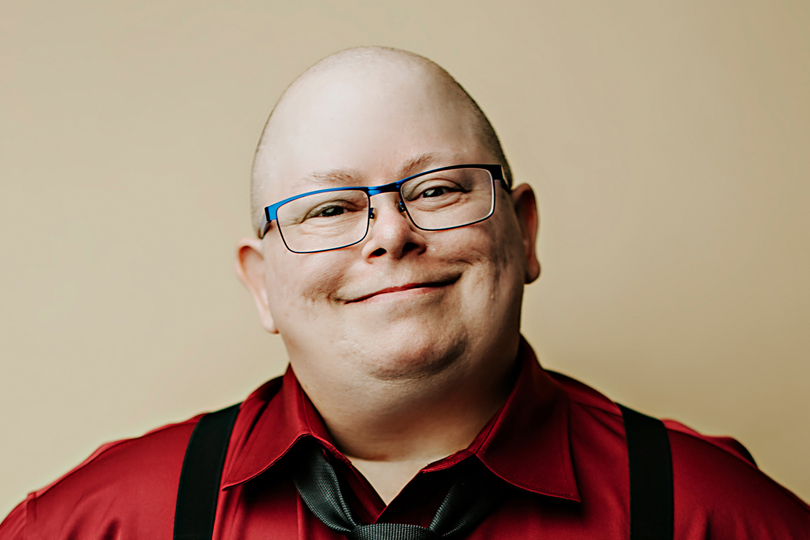Get the good night’s sleep you need with these strategies…
Do you often feel sleepy and tired? You’re not alone. The average adult should get seven to nine hours of sleep every night, but about one third of Canadian adults aged 18 to 64 sleep less than seven hours. And one of the biggest misconceptions is that we can get away with less sleep, says Amy Bender, who is on the research team at the Centre for Sleep and Human Performance in Calgary. “People think they can adapt to sleep deprivation. They think, ‘Oh, I’m fine, I’m performing well,’ but when you look at their performance objectively, they’re certainly not.” In fact, less than one per cent of the population can get away with less than six hours of sleep a night.
Sleep is as important to your health as a balanced diet and getting enough exercise—to start treating it that way, try out some of these sound sleeping strategies to get you on track for nights of sweet slumber.
Get your daily dose of daylight
“Recent research shows that the more light you can get before noon, the better your sleep quality is at night,” says Bender. That’s because the light helps regulate circadian rhythms, letting your body know that it’s daytime and you should be awake and alert. She notes that other studies have shown that office workers who sit near a window enjoy better sleep quality. What to do if you don’t work near a window and have little time outside before noon other than your commute into the office? Bender recommends taking a walk at some point in the morning. “We can all take a 10-minute break, even in the winter, to get some outdoor light. Taking a break helps your performance, too, so you’re killing two birds with one stone.”
Listen to your body’s needs
How to judge if you’re getting enough sleep? Bender says that if you’re waking up without an alarm, and feel alert during the day without relying on drinking a lot of caffeine, that’s a good sign you’re getting enough sleep. In the real world, though, most of us use alarm clocks and have kids and other responsibilities that we need to attend to. If you want to see how much sleep is right for you, Bender suggests this test: over a period of time (for example, while on vacation), go to sleep when you’re tired and wake up naturally without an alarm clock, and then look at the average number of hours of rest you’re getting over that period of time. Also, Bender says, if you’re getting enough sleep, you will feel alert within 30 minutes to one hour after waking up.
Practise a body scanto help you relax at bedtime
You can use your breath to get your body into a state of relaxation when it’s time to hit the sack. Cassidy Thedorf of Toronto’s Radiate Happy Meditation recommends doing a body scan. “Start with some deep, diaphragmatic breathing—imagine a baby breathing, with your belly rising and falling. This will push the abdominal wall against the vagus nerve, which runs up the spine, sending the message from your body to your brain that you’re safe and it’s okay to relax,” says Thedorf. “Once you have practised this breathing for a few rounds, allow yourself to settle into a rhythm of breath that feels natural to you.” Next, scan your body slowly, beginning at the crown of your head. Notice any sensations, whether tingling, numbness, heat or cold; if you come across areas of tension, send your breath there. Thedorf says that if your mind drifts off, simply guide it back to the scan. She says practising this every morning and night, even just for a few minutes, will help boost your melatonin levels and lead to better sleep.
Write out your to-do list before going to sleep
Rather than getting up and making a list of the things you want to accomplish that day, put pen to paper before you hit the sheets at night. A recent study conducted at Baylor University in Waco, Texas, found that study participants who spent five minutes jotting down their to-do list for the next day before going to bed slept more soundly compared to participants who wrote down what they had accomplished that day. It seems writing down what needs to be done in the future helps to offload worries and gets us into a more peaceful frame of mind, which can lead to falling asleep more easily.
—
KAREN KWAN is a freelance health, travel and lifestyle writer based in Toronto. Follow her on Twitter at @healthswellness and on Instagram at @healthandswellness.

Sweet Slumber
Related Articles
Gilead’s Twice-Yearly Shot To Prevent HIV Succeeds In Phase 3 Trial
For the very first time, an HIV PrEP drug candidate has shown zero infections in a late-stage trial
Five Ways To Ward Off The Winter Blues
What you can do to boost your mood this winter
Your Breast Self
What Spencer, a trans man, and 30 other Canadians want you to know about breast cancer…especially if you think it’ll never happen to you





POST A COMMENT